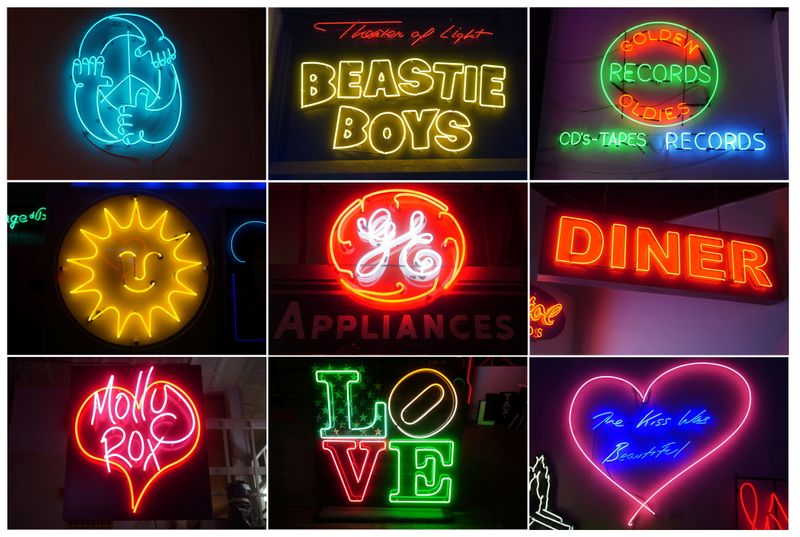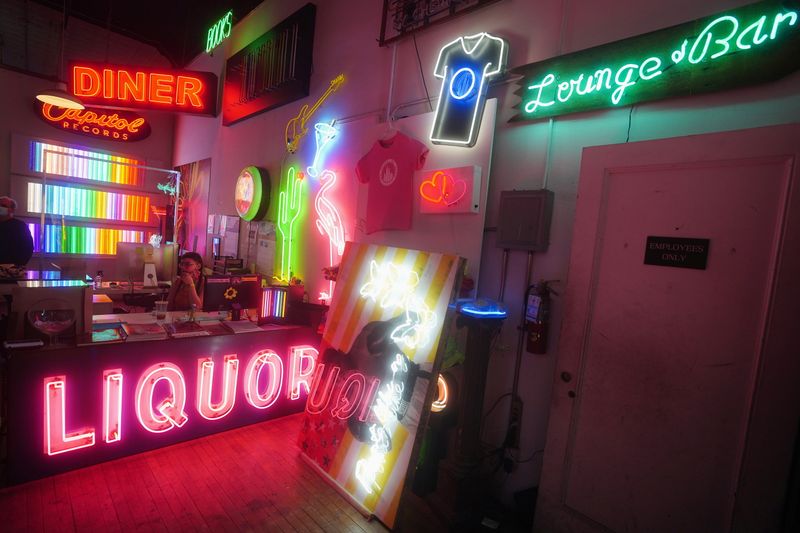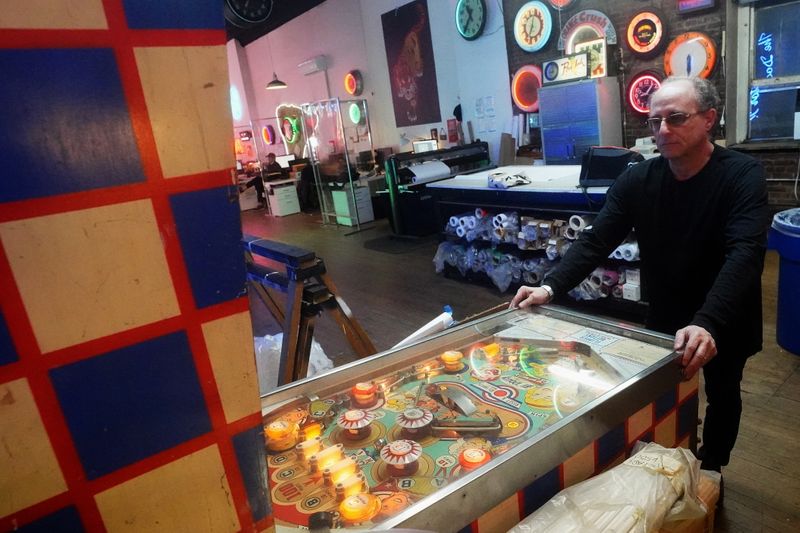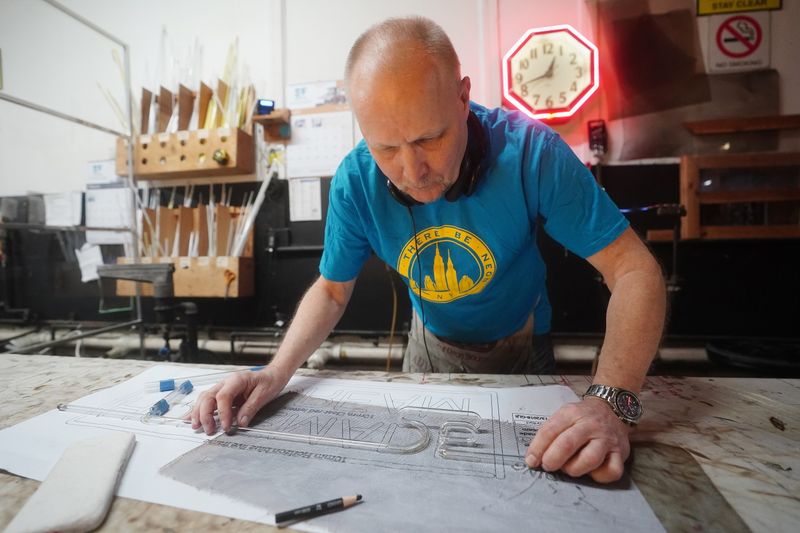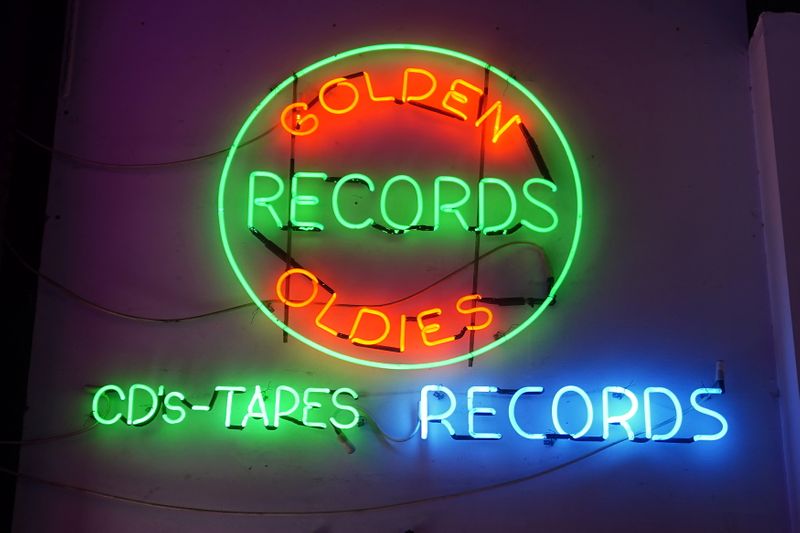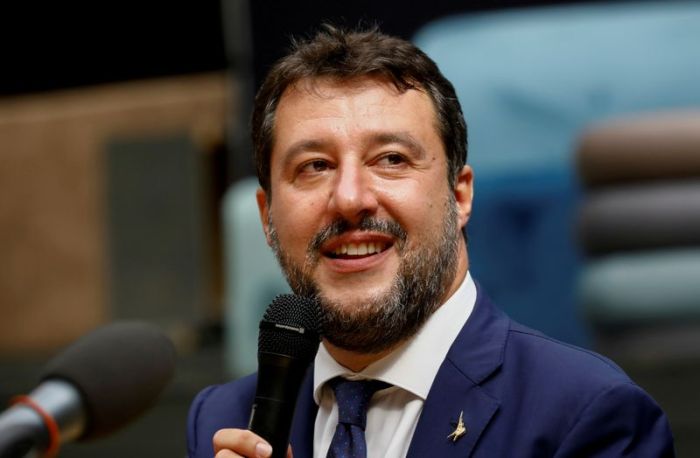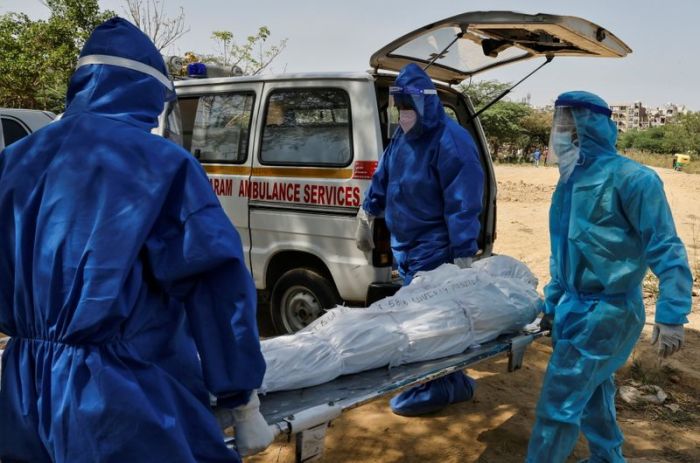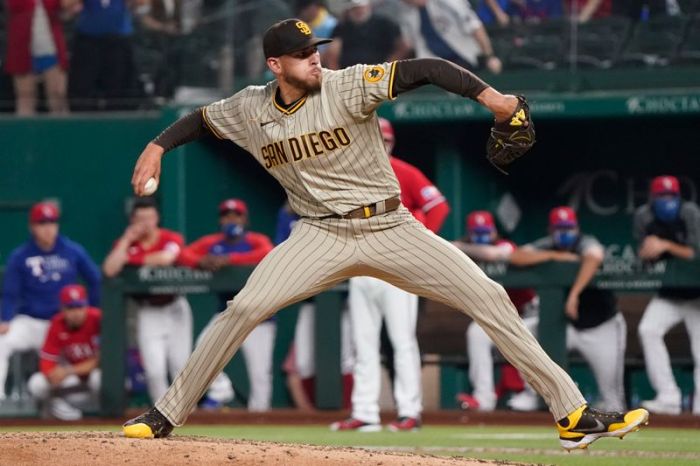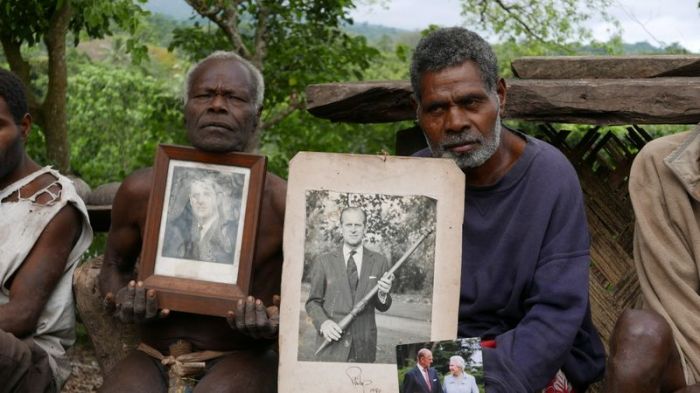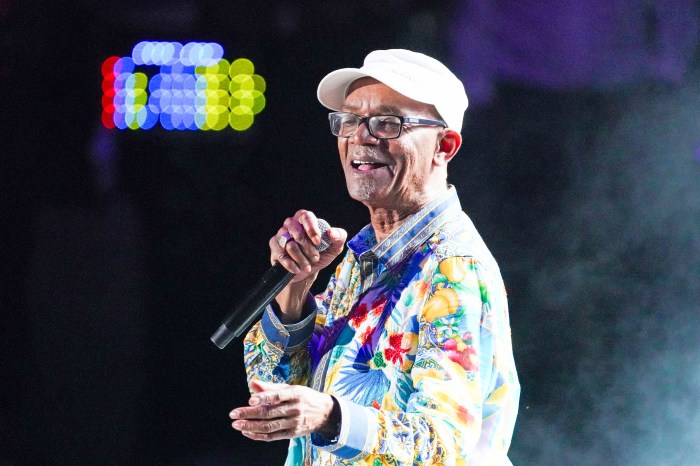(Corrects spelling in first name of Rudi Stern in paragraph 5)
NEW YORK (Reuters) -From a cross-legged Ronald McDonald to a martini glass replete with olive, classic neon signs fill Let There Be Neon, a Lower Manhattan shop that makes all their signs in-house.
What makes that bright warm glow?
When electricity energizes a tube full of the inert neon gas, the tube lights up, explains Jeff Friedman, owner of Let There Be Neon since 1990.
“Neon is red when it’s lit, the pure color of neon. But we also use argon, which is blue, and by combining the different gases with different glass colors or phosphorus inside the tube, that’s how we get all the different colors,” said Friedman.
The 3,500-square-foot (325-square-meter) shop was founded by light artist, painter and documentary filmmaker Rudi Stern in 1972, and Friedman started working there five years later.
Glowing signs in all colors of the rainbow illuminate the store, as glass-benders hold tubes over blue-hot flames, shaping them into various letters and designs.
Over the decades, other forms of lighting – such as LEDs – became cheaper to make and neon signs fell out of favor, but not at Let There Be Neon.
“Neon is pure, it’s made by hand, it’s made by glass, it’s recyclable,” said Friedman, listing what he feels are the advantages of neon over plastic lighting.
“Pre-COVID, we were making more neon than we’ve ever made before,” he said. “When COVID hit, it was like the cigarettes were left burning in the ashtrays.”
Friedman hopes business will return as people regain confidence and says the amount of work they have received has been steadily increasing again.
“It’s nowhere near where it was pre-COVID, but the lights are on, we existed, we survived.”
(Reporting by Roselle Chen and Hussein Al Waaile; Editing by Karishma Singh and Tom Hogue)

